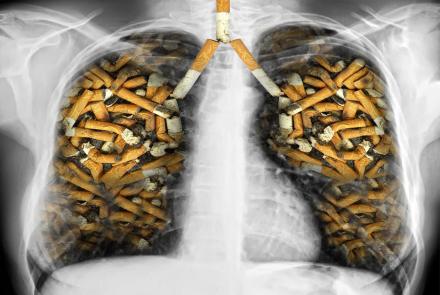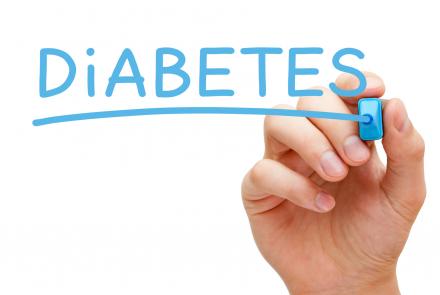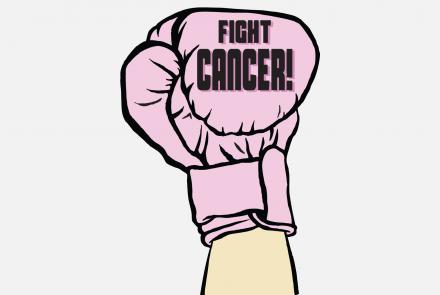Despite known risks for older people, use of benzodiazepines—a class of sedative and anti-anxiety medications—remains common in this group. The findings raise questions about why so many prescriptions are written for older adults when there are often safer alternatives.
Benzodiazepines include the medications alprazolam (Xanax), diazepam (Valium), and lorazepam (Ativan). These drugs are widely prescribed to treat anxiety and sleep problems. But while effective, they have serious…
- The development and widespread adoption of so-called “antibiotics”—drugs that kill bacteria and thereby reduce infection—has helped billions of people live longer, healthier lives. However, the more we rely on antibiotics, the more bacteria develop resistance to them, which makes treating infections that much more challenging. According to the U.S. Centers for Disease Control and Prevention (CDC), overuse of antibiotics by humans—such as for the mistreatment of viral infections—means these…
- Unnecessary surgery is not new in medicine. Stenting, knee replacements, hysterectomies are often found to be unnecessary on second opinion. "We found that the discrepancy in opinions (between the patient's doctors and the second opinion-giver) was highest in heart problems at 55%," said Dr Shome. Knee replacements and hysterectomies were second at 48% while infertility was third on the list with 45% discrepancy in opinions. "We have doctors seeking opinions if they themselves are asked…
- “Stress clearly promotes higher levels of inflammation, which is thought to contribute to many diseases of aging. Inflammation has been linked to cardiovascular disease, diabetes, arthritis, frailty, and functional decline,” says Dr. Janice Kiecolt-Glaser, a leading stress researcher at Ohio State University. She and other researchers have found that stress affects the body’s immune system, which then weakens your response to vaccines and impairs wound healing. Research has linked…
- What happens when doctors and family members don’t agree and you don’t have a living will? Lawyer Lyn Boxall describes scenarios in the US, Singapore and the UK. What is a living will In the US and Singapore, a person can make a ‘living will’ – officially, an ‘advance medical directive’. In Singapore, it’s a document that a person signs and that applies when the person is terminally ill and unconscious or incapable of making a rational decision. It instructs their treating…
- More than half of bladder cancers in the US are the result of smoking, and 90 per cent of smokers with the disease are aware of the connection, according to a new study. "Bladder cancer is actually the second most common smoking-related cancer, second only to lung," said lead author Dr. Jeffrey C. Bassett of Kaiser Permanente Southern California in Anaheim. Although previous studies had suggested that few people understood the connection between bladder cancer and tobacco, this new study found…
- SINGAPORE: In a decade-long diabetes study, researchers from Khoo Teck Puat Hospital (KTPH) found that among those with Type 2 Diabetes Mellitus (T2DM), Malays and Indians are at higher risk of cardiovascular diseases compared to Chinese patients. Malay patients had two times higher risk while Indians had 1.7 times higher risk of diseases such as heart attacks and strokes, compared to Chinese patients with T2DM, according to findings of a study released by the healthcare cluster that manages…
- Pictures taken by a little-known photographer between the 1930s and 1960s have found a new use helping to trigger memories and reminiscences among people with dementia. "In the dementia care world reminiscence is up there as one of the leading groups of therapeutic approaches," explains Prof Bob Woods, an expert in the clinical psychology of older people at Bangor University. "Essentially it's a good way of facilitating communication, and so it helps people to feel more socially integrated and…
- Cancer Institute chairperson Dr V Shanta expressed concern over underreporting of cancer among children, especially in rural areas. Advances in oncology over the past six decades have ensured that up to 75 % of all paediatric cancers can be cured. While it is possible to treat all pediatric cases in the country, there is a need to increase affordability and accessibility for the same," she said. http://timesofindia.indiatimes.com/City/Chennai/Parents-deny-girls-cancer-treatment-say-doctors…















